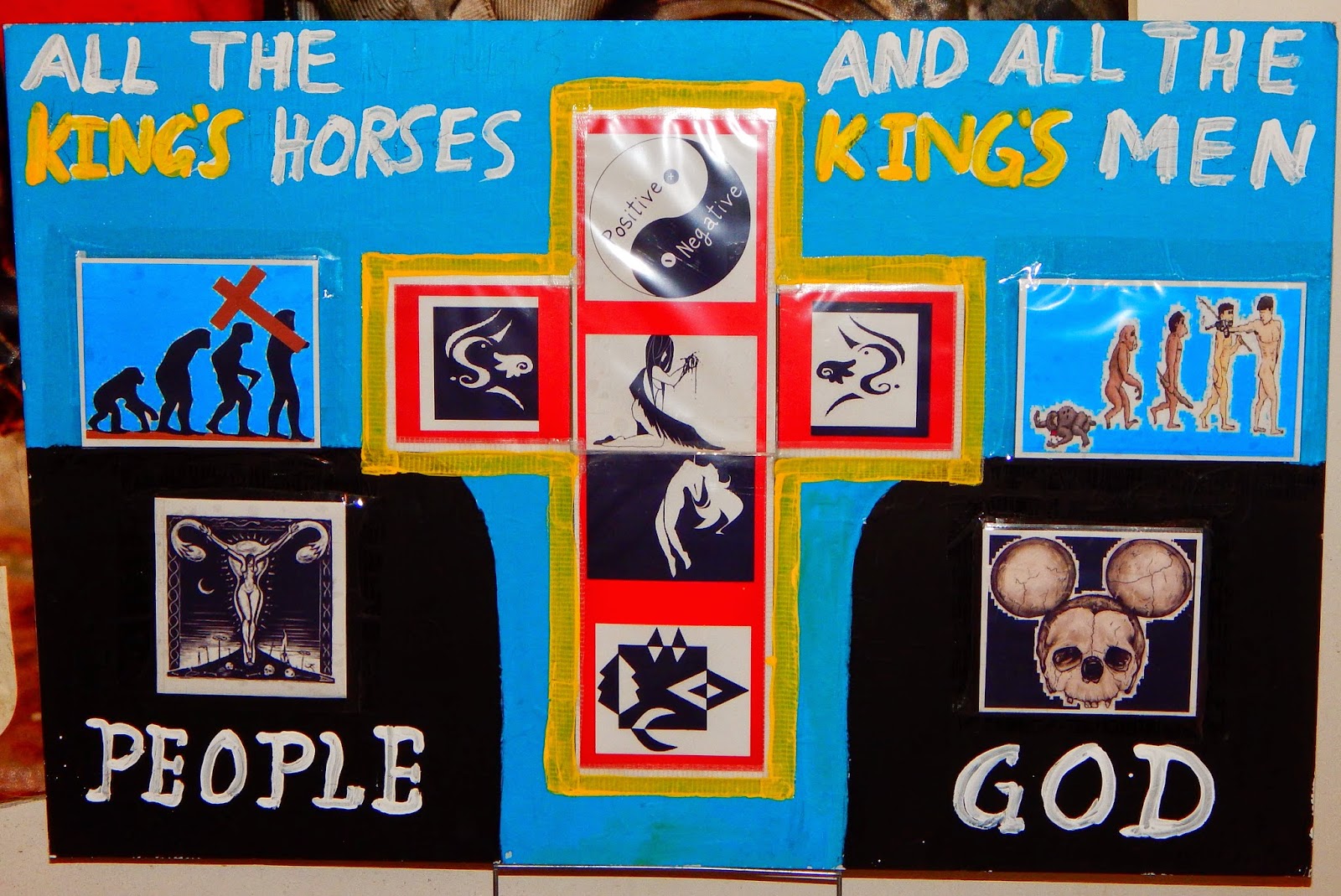“Rather...
we..?
This...
This...
~(Brown)~
Brené Brown - Wikipedia, the free encyclopedia: Brené Brown (born November 18, 1965) is an American scholar, author, and public speaker, who is currently a research professor at the University of Houston Graduate College of Social Work.[1] Over the last twelve years she has been involved in research on a range of topics, including vulnerability, courage, worthiness, and shame. She is the author of two #1 New York Times Bestsellers: The Gifts of Imperfection (2010) and Daring Greatly (2012).
Brown began her career as a research professor at the University of Houston Graduate College of Social Work.[5] Her research focuses on authentic leadership and wholeheartedness in families, schools, and organizations.
Brown is the author of I Thought It Was Just Me (but it isn’t): Telling the Truth About Perfectionism, Inadequacy, and Power (Penguin/Gotham, 2007), The Gifts of Imperfection: Letting Go of Who We Think We Should Be and Embracing Who We Are (Hazelden, 2010), and Daring Greatly: How the Courage to Be Vulnerable Transforms the Way We Live, Love, Parent, and Lead by Brené Brown (Gotham, 2012). Her articles have appeared in many national newspapers.
In March 2013, she appeared on Super Soul Sunday talking with Oprah Winfrey about her new book, Daring Greatly.[13] The title of the book comes from Theodore Roosevelt’s speech “Citizenship in a Republic”, which is also referred as "The Man in the Arena" speech, given at the Sorbonne in Paris, France, on April 23, 1910.
Vulnerability is the core of shame and fear and our struggle for worthiness but it is also the birthplace of joy and creativity, of belonging, and of love. Brown asserts that we learned to protect ourselves from vulnerability-from being hurt, diminished, or disappointed-by putting on emotional armor and acting invulnerable when we were children. Brown finds three main “vulnerability shields.”
Foreboding instead of joy. When individuals start to feel joy, we wait for the other shoe to drop. We believe that when things are going well, disaster must be right around the corner. Practicing gratitude, joy is an invitation to acknowledge how truly grateful we are. Research participants consistently linked joy with gratitude, and saw gratitude as a spiritual practice that is associated to human connectedness and a greater power. Perfectionism, as Brown describes as the two hundred pound shield, is a self-destructive and addictive belief system. We think that if we are perfect, we can avoid or minimize the painful feelings of shame, judgment, and blame. Numbing is another shield, as in numbing ourselves emotionally. The need for numbing comes from the intolerable feelings of shame, anxiety, and disconnection. The reason for individual’s intolerance for vulnerability is scarcity, because of the “never enough” culture she claims people live in.
Defining vulnerability “as exposure, uncertainty, and emotional risk,” Brown maintains that this feeling is the crux of most of individuals meaningful experiences. Ultimately, she writes, it is not a weakness; everyone is vulnerable, everyone needs support from friends and family. Trust and vulnerability go hand in hand. Brown believes it is essential to expose oneself to a wide range of feelings in order to combat shame, break down the walls of perfectionism and stop the act of disengagement that separates many from themselves and others. Gaining a sense of courage and learn how to create meaningful connection. “Rather than sitting on the sidelines and hurling judgment and advice,” (Brown) she writes, “we must dare to show up and let ourselves be seen. This is vulnerability. This is daring greatly.” (Brown)










.jpg)












-EFFECTS%2B(2).jpg)

















fr.jpg)




No comments:
Post a Comment